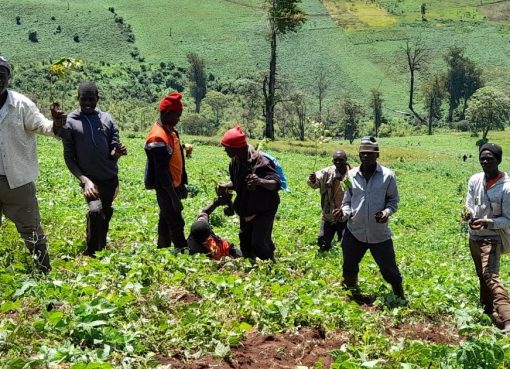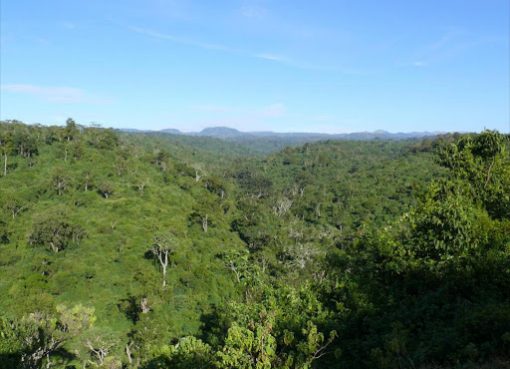Wildlife specialists from four countries in East Africa are undergoing training on court and prosecution processes to enhance the conviction rate of suspects accused of poaching and wildlife-related crimes.
The participants in the African Wildlife Foundation (AWF) sponsored-training are drawn from Kenya, Uganda, Tanzania and Ethiopia.
They are being trained to become better witnesses during cross-examination in courts and how to present and preserve evidence.
They include community rangers, officials from Kenya Wildlife Service (KWS), legal experts from Kenya School of Law, officials from Law Development Center in Uganda and other independent legal experts.
Speaking to KNA on Friday, the Project Manager at African Wildlife Foundation in Tsavo Conservation Area, George Okwaro said the training was expected to capacity build the participants and transform them into confident prosecution witnesses.
He added that courtroom setup could be intimidating to rangers who spend most of their time in the bush especially during cross-examination.
“We want them to become confident when they are giving their evidence in courts. Nervousness can lead to mistakes,” he said.
He however, said since such trainings started, there was marked increase in the successful conviction in several countries where AWF operated. This, he added, was a morale-booster to the rangers who were the first persons at the scene of crimes.
The three-day training at a hotel in Voi is being facilitated by African Wildlife Foundation in partnership with KWS.
The KWS Senior Warden Community Service, Ms. Zainabu Salim said they were hopeful the conviction rates for wildlife crimes would go up. She added that there was need to have a seamless system from apprehending of the suspect to the prosecution.
While addressing the participants, the warden said such joint trainings were important to allow better coordination of wildlife conservation activities amongst the countries involved.
“If all persons involved in this process from rangers to the prosecutors are all well trained, we will have higher convictions,” she said.
AWF is involved in several conservation projects in the four countries where participants were drawn from.
Okwaro said that wildlife in the four countries crisscrossed the international boundaries during the annual migrations, adding the four nations faced similar challenges in terms of conservation and hence a joint training gave them an opportunity to exchange ideas and share best practices amongst rangers.
“This is also part of experience sharing forums where we also narrate our success stories that can be adopted by member countries,” he said.
The training includes enacting real-life court scenes, intense cross-examination and presentation of evidence.
By Wagema Mwangi



